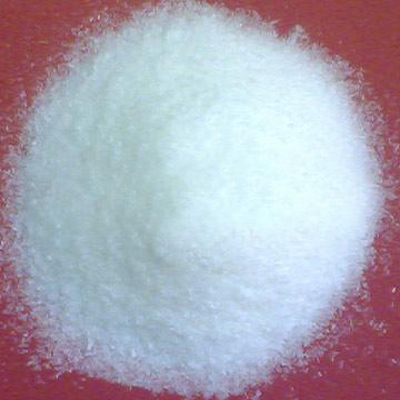MSG, short for monosodium glutamate, is an artificial ingredient that is used to enhance flavour in foods, particularly packaged, processed products (although it is used in restaurants too). Foods that contain this ingredient have little to no nutritional value, and stimulate insulin production, which can cause the body to eat more and still remain hungry.
While it might make cheaper foods taste better, MSG has adverse side effects on health. In order to maintain a healthy lifestyle, MSG needs to be avoided and omitted from the diet entirely – there are several ways to go about this.
Fresh & Natural Food:
Only buy and consume food that is in its natural state – processed, prepackaged foods almost always contain MSG. Make sure you purchase raw, fresh produce, unprocessed meat, and dairy products that are devoid of any added flavourings. Incorporate natural whole grains, rice, lentils, beans, nuts, fresh herbs and spices, raw vegetables and fruit in your diet, and stay away from the fake stuff.
Labels and Ingredients:
Get smart about reading labels and ingredients. Ideally, healthy food won’t need labels, as it will only contain natural ingredients. However, if something you are buying does come with an ingredients list, read through it carefully, to see if it contains MSG.
Learn about MSG:
Learn the various names of MSG, as well as the additives that contain it. Often ingredient labels will not mention MSG directly – rather they will disguise it. Umami, glutamate and free glutamic acid are all alternate names for MSG, and some additives that contain MSG include hydrolyzed vegetable protein, hydrolyzed protein, yeast extract, textured protein, hydrolyzed oat flour, malt extract, malt flavouring, bouillon, broth stock, natural beef or chicken flavouring, carrageenan, enzymes, soy protein concentrate, soy protein isolate and whey protein isolate. If you are unsure, contact the producers and distributors directly, to inquire about any MSG in the product.
Avoid Unhealthy or Junk Food:
Avoid consuming foods that are known to be unhealthy – fast food will almost always contain MSG (unless specified otherwise on the restaurant website), as will bottled beverages such as diet soda. Processed and flavoured cheeses and meats are equally harmful. Restaurants frequently use MSG as a flavouring too, so if you happen to be eating out, have the chef leave the ingredient out of your food. In addition to eating out, there are certain products that one should avoid in order to steer clear of MSG, such as soups and soup mixes, instant noodles, soy sauce, canned foods, sausages, glazes, and bouillon cubes.





Hey, how can you suggest to just avoid junk food. For God sake it is a billion dollar industry only because of the reason people adore it.
Ok, then don’t leave junk food and keep on suffering.
Guys, the thing to remember here is that MSG is not limited to junk food only. There are fast food outlets which will guarantee non MSG food, and even if you don’t have any in your vicinity, occasionally treating your craving won’t do much harm.
Go for a complete diet and these worries will vanish automatically.